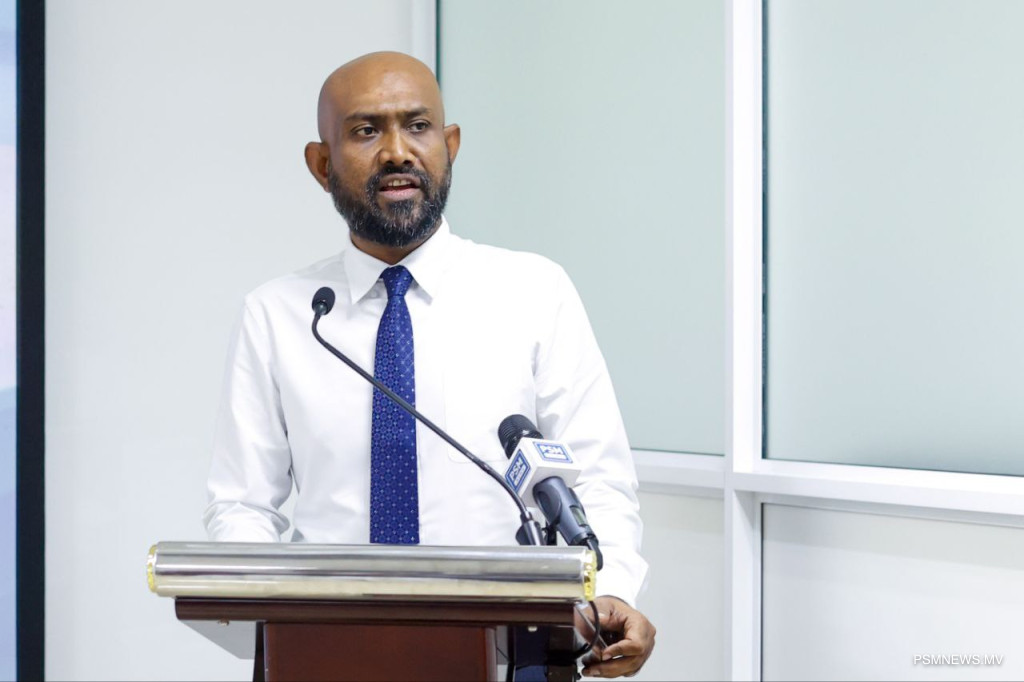
The Anti-Corruption Commission (ACC) has formally launched its first professional competency framework, a foundational initiative aimed at enhancing staff capabilities and reinforcing the quality of service delivery in the country’s ongoing efforts to combat corruption.
Unveiled at a ceremony in the capital, the framework establishes a structured model for defining the behavioural and professional standards expected of ACC personnel. It is intended to improve operational efficiency and institutional performance across the commission’s mandate.
Dr Mahamood Shougee, Chancellor of the Maldives National University (MNU), described the framework as a critical instrument for institutional advancement. Addressing attendees at the launch, he underscored its role in guiding recruitment, training, and performance evaluation.
“The framework systematically evaluates knowledge, skills, personal attributes, ethics, and professional conduct,” Shougee said. “It is essential that each individual undertakes their work with a genuine sense of purpose and commitment. Achieving this level of engagement necessitates adequate training and fostering an environment where tasks are perceived as intrinsically valuable and engaging.”
He noted that employee development is closely tied to meaningful engagement in their roles, which in turn contributes to stronger operations and improved service quality.


Adam Shamil, President of the ACC, affirmed that the framework would provide clarity on the professional competencies required of commission staff. This, he said, would enable the identification of existing skill levels and inform the design of targeted training programmes.
He reiterated the importance of anti-corruption work to national governance, acknowledging that while substantial progress remains to be made, the framework represents a strategic step forward. Confidence in its potential to enhance employee competence and elevate institutional service delivery was central to his remarks.
The commission’s broader strategy includes investment in technological infrastructure, with Shamil citing the need for advanced computer systems and servers to support operational demands. “Concurrently, it became unequivocally clear that employee competence, skills, and attributes must be developed to parallel these technological advancements. Consequently, the effort to formulate the commission's Competency Framework was initiated,” he said.
Structured into three principal categories, general competency, technical competency, and managerial competency, the framework aims to document essential skills for specific roles, identify areas for development, and establish a clear roadmap for continuous learning and professional growth. With full implementation, ACC employees are expected to gain a definitive understanding of the competencies necessary to fulfil their responsibilities effectively.
